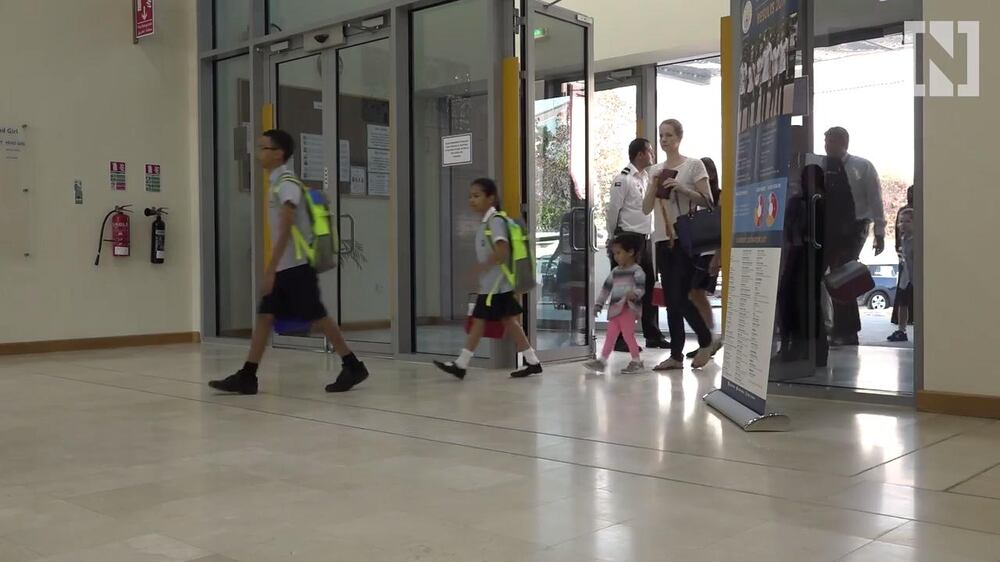New moral education classes for pupils across the emirates begin this week with the aim of instilling in them tolerance, community spirit and compassion.
Teachers in government and private schools will deliver a single lesson per week on a range of topics aimed at making pupils 'look at the world through a moral spectrum'.
The subject, which was first announced last year, is taught without textbooks and there are no exams.
It is in part inspired by the classes that have been run by schools in Japan since the 1950s, which seek make pupils think what they should do in any given circumstance and how it may affect those around them.
“It basically gives the student an hour a week where they look into themselves and consider how they perceive the world," said Tariq Al Otaiba, senior associate for strategic affairs at the Crown Prince Court, which is behind the programme,
"This is based on the best common practices around the world.”
“The aim is to give students the intrinsic ability to think critically, to question, to look at the world through a moral spectrum. It doesn’t impose a moral ideology but rather it enables the students to explore their own individual sense of morality. “
The moral education course has four pillars: Character and Morality, The Individual and the Community, Civic Studies and Cultural Studies.
The classes focus on values such as fairness, tolerance, equality, appreciation, compassion and empathy; they will also look at features of government such as conflict, trade and travel.
Some public school teachers said they have only been trained in recent days, but that was to ensure the “knowledge is still fresh," said Mr Al Otaiba.
With such a unique subject taught across curriculums, from private to government sector, there are some misconceptions, Mr Al Otaiba said, and that there has been a “failure of communication at a few public schools".
“This has been a year in development now. There is a lot of misconceptions. Last November, we gathered every principal and assistant principals in the UAE and informed them of the new course.
“Another misconception are the textbooks - they are no textbooks.”
Instead teachers and students are given resources to teach moral education within set parameters and trainers from the UK and the United States were flown in recently.
“It was never designed to be a course taught by book," he said.
“What we want is conscientious individuals with a strong character with a strong sense of individual morality.
"People who are fully prepared to enter the wider world and be aware of all the complex issues we are facing and look at them critically.
"We want a generation of youth that think for themselves. That openly question. That are critical thinkers. That can analyse. We want to build the tools that will allow all children, not just Emirati children but all children growing in the UAE, to be the best prepared for the world when they are adults.”
So keen are the authorities on inclusion, he said, is that it was decided that religious studies teachers will not be involved in the subject.
“Moral education is about inclusivity, exploring different languages, cultures and traditions. Schools are explicitly instructed to let all students of different creeds, races, to study together," he said.
“Every single faith has a sense of morality to it.... that is the reason why we don’t want religious studies teachers teaching it.
"Our ambition is that every single teacher, whether you are a biology, chemistry or physics teacher, teach this course. In an ideal world with guidance, even parent could teach it."






